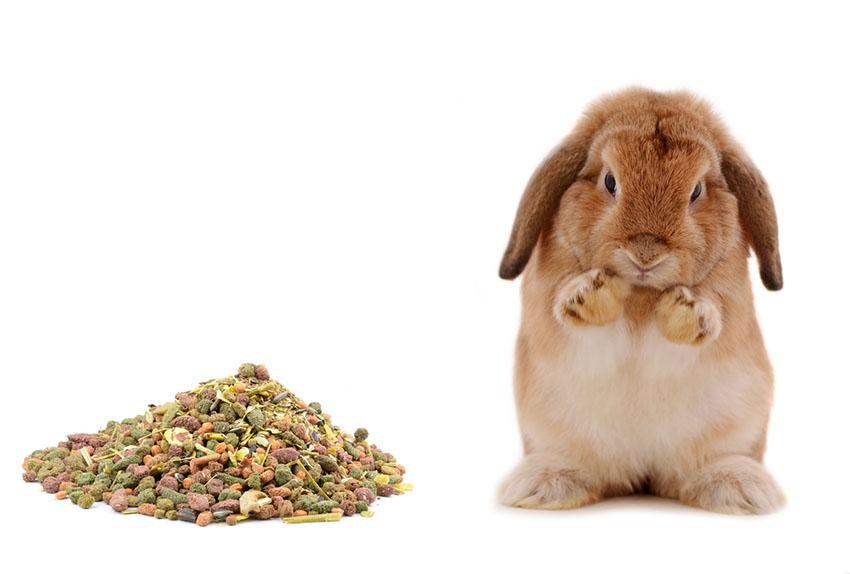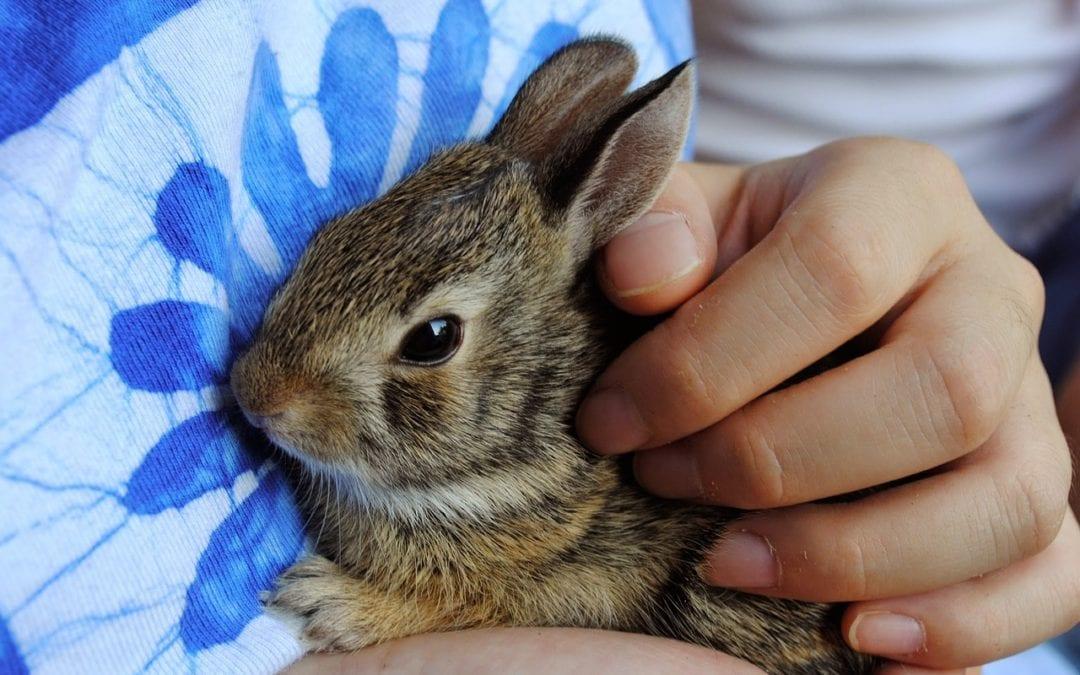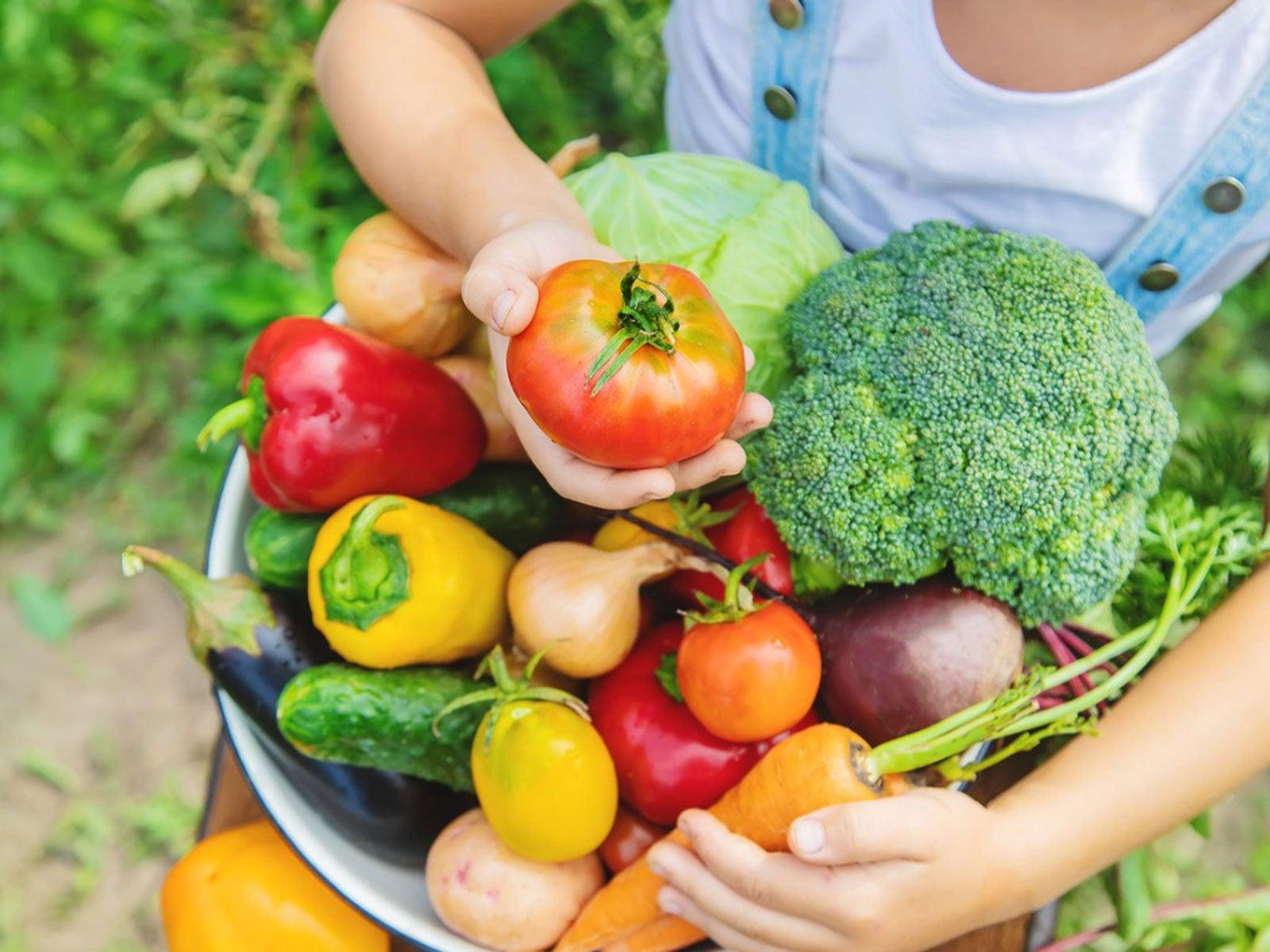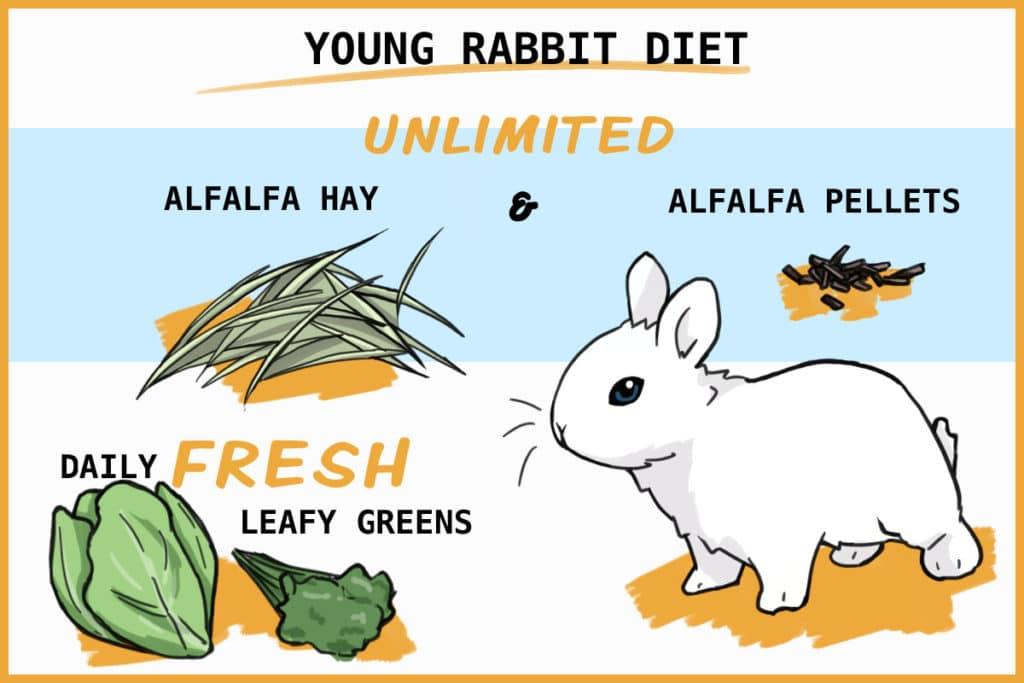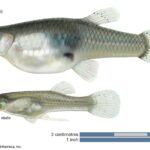As the sun peeks over the horizon, casting a warm glow over gardens and backyards, the enchanting world of baby bunnies comes alive. With their oversized ears and twitching noses, these adorable creatures capture our hearts and imaginations. But as any devoted bunny enthusiast knows, caring for these tiny fluffballs goes beyond just providing a cozy nest and plenty of love. Ensuring proper nutrition is vital for their growth and development, laying the foundation for a healthy, vibrant life.
In this article, we will explore the essential dietary needs of baby bunnies, guiding you through the intricacies of what to feed them, how to nurture their little bodies, and the vital role of balanced nutrition in their early stages of life. Join us on this delightful journey to discover how to best support your furry friend as they hop their way to adulthood!
Table of Contents
- Understanding the Nutritional Needs of Baby Bunnies
- Essential Hay Varieties for Optimal Growth
- The Role of Fresh Vegetables in a Baby Bunnys Diet
- Supplementing with Pellets: Finding the Right Balance
- Q&A
- To Conclude
Understanding the Nutritional Needs of Baby Bunnies
When it comes to the nutritional needs of baby bunnies, it’s essential to understand that their diets evolve as they grow. In the early stages of their lives, particularly during the first few weeks, baby rabbits require a diet rich in mother’s milk or a specialized milk replacer if they are orphaned. This is crucial for their development, providing the necessary antibodies and nutrients. As they start to transition to solid food around three weeks of age, their diet should gradually include:
- Fresh hay (timothy hay is ideal)
- Pellets specially formulated for young rabbits
- Fresh greens like romaine lettuce, cilantro, and parsley
- Fresh fruits (in moderation), such as small pieces of apple or banana
By the time they reach 8 weeks old, baby bunnies can be weaned and should be consuming a balanced diet that reflects their growing needs. It’s vital to monitor their intake and adjust accordingly, focusing on high-fiber foods that promote healthy digestion. A well-structured nutritional plan can be summarized as follows:
| Age | Diet Components |
|---|---|
| 0-3 Weeks | Mother’s milk or milk replacer |
| 3-8 Weeks | Hay, pellets, fresh greens |
| 8 Weeks+ | Balanced diet of hay, pellets, greens, fruits |
Essential Hay Varieties for Optimal Growth
When choosing hay for your young bunny, the focus should be on providing varieties that promote growth and support digestive health. Timothy hay is among the most popular options, as it offers a balanced source of fiber essential for a healthy digestive system. Additionally, Orchard grass is another excellent choice, known for its softer texture and sweet taste, making it particularly palatable for baby bunnies. Both of these hays are high in fiber while being low in calories, helping to maintain optimal weight as your bunny grows.
Moreover, meadow hay provides an enriching mix of grasses and plants, which can stimulate your young rabbit’s natural foraging instincts. You may also consider hay blends that include Bermudagrass or Ryegrass, as they can introduce variety into your bunny’s diet while ensuring they get the essential nutrients they need. Here’s a quick comparison table to help you choose the right hay:
| Hay Variety | Benefits | Best For |
|---|---|---|
| Timothy Hay | High in fiber, great for digestion | All stages of growth |
| Orchard Grass | Soft texture, sweet flavor | Finicky eaters |
| Meadow Hay | Varied nutrients, encourages foraging | General feeding |
The Role of Fresh Vegetables in a Baby Bunnys Diet
Including fresh vegetables in a baby bunny’s diet is essential for promoting healthy growth and development. These vibrant foods provide important nutrients that support a rabbit’s digestive system and overall well-being. Baby bunnies should be introduced to a variety of vegetables as part of their diet, which not only adds flavor but also helps cultivate a diverse palate. It’s crucial to ensure that the vegetables are fresh, washed thoroughly, and chopped into manageable pieces to prevent choking hazards.
When selecting vegetables for baby bunnies, focus on options that are rich in fiber while being low in sugars. Here are some excellent choices to consider:
- Romaine lettuce – A safer alternative to iceberg, packed with essential nutrients.
- Carrots – A tasty treat, but should be offered sparingly due to their sugar content.
- Bell peppers – Provide a colorful crunch and are high in vitamins.
- Broccoli leaves – An excellent source of calcium and vitamin C.
- Spinach – Should be given in moderation, as it contains oxalic acid.
To make things simpler for bunny owners, here’s a handy table summarizing the nutritional value of some commonly recommended vegetables:
| Vegetable | Fiber (g per 100g) | Calcium (mg per 100g) | Vitamin A (% DV) |
|---|---|---|---|
| Romaine Lettuce | 1.2 | 33 | 81% |
| Carrot | 2.8 | 19 | 184% |
| Bell Pepper | 1.5 | 7 | 211% |
| Broccoli Leaves | 2.2 | 47 | 133% |
| Spinach | 2.2 | 99 | 469% |
Supplementing with Pellets: Finding the Right Balance
Finding the right balance when supplementing your baby bunny’s diet with pellets is essential for their growth and development. Pellets can serve as a concentrated source of nutrition, providing important vitamins and minerals that might be lacking in hay or fresh vegetables. However, it’s crucial to select high-quality pellets specifically formulated for young rabbits. Look for options that contain high fiber content and avoid those with excessive grains or seeds, which can lead to obesity and other health issues. Additionally, consider the following tips:
- Introduce Gradually: Start by mixing a small amount of pellets with their regular diet, increasing over time to avoid digestive upset.
- Portion Control: Limit the amount to about 1/8 cup per 2 pounds of body weight per day to prevent overfeeding.
- Monitor Weight: Keep an eye on your bunny’s weight to ensure they’re growing at a healthy rate.
It’s important to regularly assess your bunny’s dietary needs as they mature. Their nutritional requirements will change, and the ratio of pellets to hay and vegetables should be adjusted accordingly. A well-balanced diet will not only support their physical growth but also contribute to their overall well-being. Consider using a simple table to track their dietary intake and make necessary adjustments:
| Age (Weeks) | Pellet Amount (Per Day) | Hay Amount (Per Day) | Vegetable Amount (Per Day) |
|---|---|---|---|
| 4-8 | 1/4 cup | Unlimited | 1/4 cup |
| 8-12 | 1/2 cup | Unlimited | 1/2 cup |
| 12-16 | 3/4 cup | Unlimited | 3/4 cup |
Q&A
Q&A:
Q1: What is the best diet for a baby bunny?
A: A baby bunny’s diet should primarily consist of high-quality hay, specifically timothy or alfalfa hay, which provides essential fiber for healthy digestion. Fresh, leafy greens like romaine lettuce, cilantro, and parsley can be introduced gradually. Additionally, you can offer specially formulated pellets designed for young rabbits, ensuring they are rich in nutrients to support growth.
Q2: How do I introduce solid food to a baby bunny?
A: Begin introducing solid food gradually when a baby bunny is around 3 to 4 weeks old. Start with small amounts of hay and pellets, ensuring they are familiar with the textures and tastes. Monitor their reaction and digestive health—if all goes well, you can steadily increase the quantity and variety of foods.
Q3: Are there any foods I should avoid feeding my baby bunny?
A: Yes, certain foods can be harmful to baby bunnies. Avoid high-starch vegetables, such as potatoes and corn, and any type of processed human food. Additionally, steer clear of iceberg lettuce and other high-water content greens, as they can cause digestive upset. Always do your research before introducing new foods!
Q4: How much should I feed my baby bunny?
A: The feeding amount will depend on the age and size of your bunny. In general, baby bunnies should have access to unlimited hay and a small quantity of pellets (about 1/4 cup per 5 pounds of body weight) along with a handful of fresh greens daily. Keep an eye on their weight and adjust portions as necessary.
Q5: When can I start feeding my baby bunny adult rabbit food?
A: You can start transitioning a baby bunny to an adult rabbit diet around 6 months of age. At this point, you can gradually reduce the amount of pellets formulated for young rabbits and substitute them with adult rabbit pellets that are lower in protein and calcium, while still providing ample hay and fresh greens.
Q6: How often should I feed my baby bunny?
A: Baby bunnies should have access to food throughout the day. Make sure hay and clean water are available at all times. For pellets and greens, offering them twice a day can create a routine while ensuring your bunny receives ample nutrition.
Q7: What signs should I watch for to ensure my baby bunny is healthy?
A: A healthy baby bunny should have a shiny coat, active energy levels, and a healthy appetite. Watch for signs of discomfort, lethargy, or diarrhea, which may indicate dietary issues or health concerns. Regular vet check-ups are also essential to ensure your bunny’s growth and nutrition are on track.
Q8: Can I give my baby bunny treats?
A: Occasional treats can be fun, but they should be given sparingly and be appropriate options. Small pieces of fruits (like apple or banana) and native rabbit-safe herbs can be offered as treats. Just remember, these should not comprise more than 5% of their overall diet.
By ensuring proper nutrition, you’re not just feeding your baby bunny; you’re laying the groundwork for a happy, healthy life!
To Conclude
ensuring that your baby bunny receives the proper nutrition is essential for its growth and overall well-being. By providing a balanced diet rich in hay, fresh vegetables, and specially formulated pellets, you can set the stage for a healthy and happy life for your furry friend. Remember, every bunny is unique, so take the time to observe their preferences and reactions to different foods. As you embark on this nurturing journey, let your care and attention blossom into the bond you share with your little companion. With the right knowledge and love, you’ll not only fuel their physical development but also create a joyful environment where they can thrive. Happy feeding!




